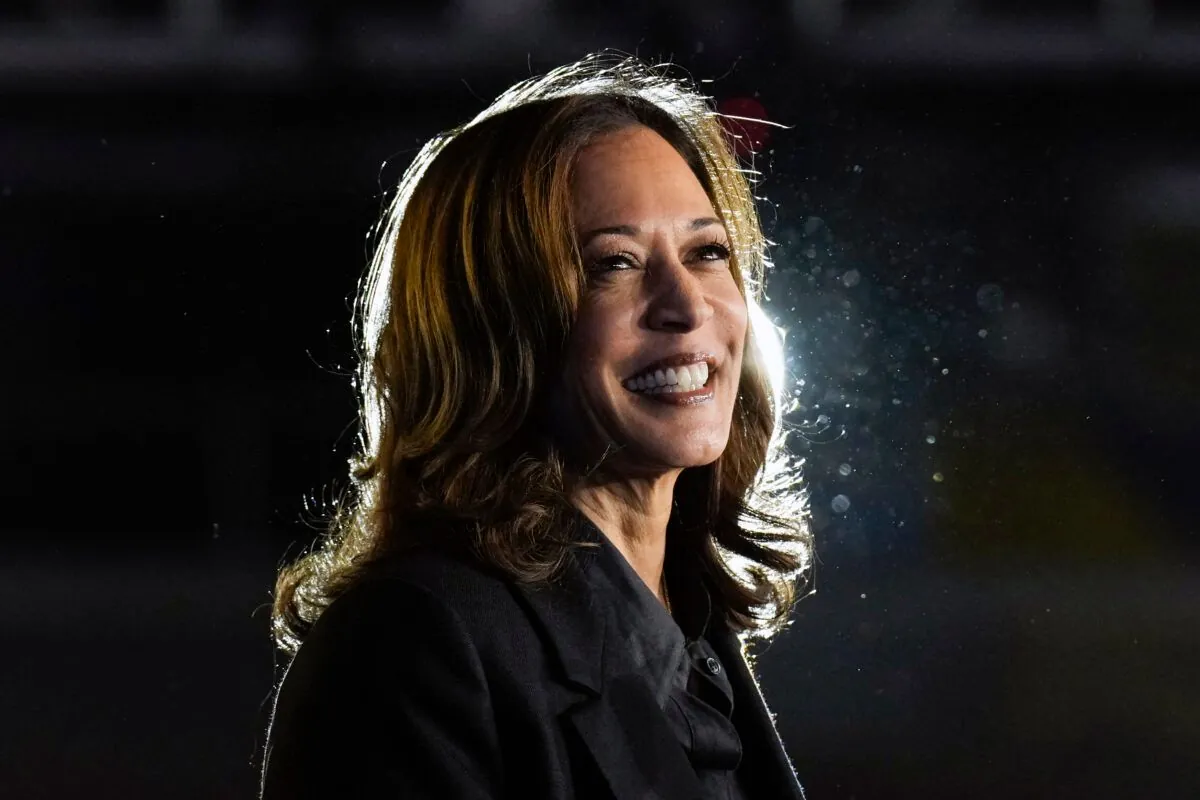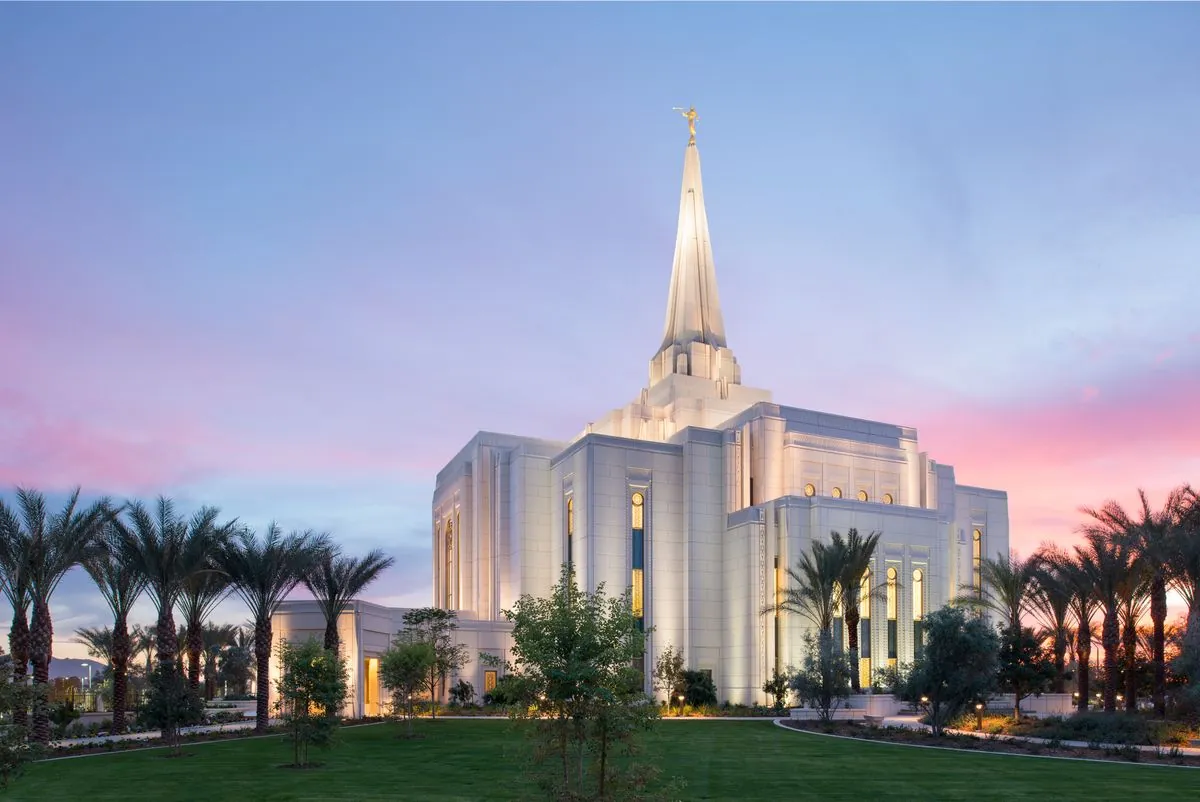Harris Courts Latter-day Saint Voters in Arizona, Challenging Trump's Appeal
VP Kamala Harris targets Latter-day Saint voters in Arizona, a crucial swing state. Her campaign emphasizes moral values and constitutional principles, aiming to sway traditionally Republican voters in a potentially close race.

In a strategic move to secure crucial votes in Arizona, Vice President Kamala Harris is intensifying efforts to appeal to members of The Church of Jesus Christ of Latter-day Saints. This outreach comes as the 2024 election approaches, with Arizona's nearly 450,000 Latter-day Saint members potentially playing a decisive role in the state's outcome.
The Harris campaign has established an advisory committee to formalize engagement with current and former church members. This initiative reflects the recognition of Latter-day Saints' significance in Arizona's political landscape, where they constitute approximately 6% of the state's population.
Historically, Latter-day Saints have predominantly supported Republican candidates. In the 2020 election, about 70% of Latter-day Saint voters nationally backed Donald Trump, according to AP VoteCast data. However, Harris's strategy aims to prevent Trump from dominating this demographic group, recognizing that even a small shift could be impactful in a state known for close elections.

The Harris campaign's approach involves a faith-based appeal, emphasizing alignment with church values and teachings. Joel John, a former Republican state lawmaker and co-chair of the committee, stated, "The Constitution is a tenet of our faith, and we certainly shouldn't be voting for people who have shown a disdain for it." This argument resonates with the Latter-day Saint belief in the divine inspiration of the U.S. Constitution, a core tenet of their faith since its founding in 1830.
While the church, headquartered in Salt Lake City, maintains political neutrality and does not endorse candidates, it encourages members to elect "good, honest and wise" leaders. Harris's supporters argue that these moral traits are lacking in Trump, transcending policy differences on issues such as economics or gun rights.
"The Church's mission is to preach the gospel of Jesus Christ, not to elect politicians. The Church of Jesus Christ of Latter-day Saints is neutral in matters of party politics."
Trump has faced challenges in winning over Latter-day Saint voters, partly due to his rhetoric and behavior conflicting with church values of humility and compassion. His feuds with prominent Latter-day Saint politicians like Mitt Romney and Jeff Flake have not helped his standing within the community.
In Arizona, Latter-day Saints are particularly concentrated in the East Valley of metro Phoenix, an area where ticket-splitting voters have rejected Trump-backed Republicans in recent elections. The city of Mesa, with over 500,000 residents, has deep roots in Latter-day Saint history, tracing back to pioneer settlements in the 1800s.
Democratic efforts to appeal to Latter-day Saint voters are not new. In 2016, Hillary Clinton drew parallels between Trump's immigration policies and historical persecution of Latter-day Saints. Joe Biden expanded on this approach in 2020, investing in organizing church members.
Anthropologist Brittany Romanello suggests that while there's a strong "social expectation" for Latter-day Saints to align with conservatives, Harris may have an opportunity to win over younger members. "Mormons have been shown to have this attitude that they aren't just voting based on party affiliation only," Romanello noted, highlighting the potential for moral considerations to influence voting decisions.
As the campaign progresses, it remains to be seen how effective Harris's outreach will be in swaying Latter-day Saint voters. With Arizona's recent history of tight elections – Biden won by just under 10,500 votes in 2020, and Democratic Attorney General Kris Mayes by a mere 280 in 2022 – even a small shift in this demographic could prove decisive in the 2024 race.


































